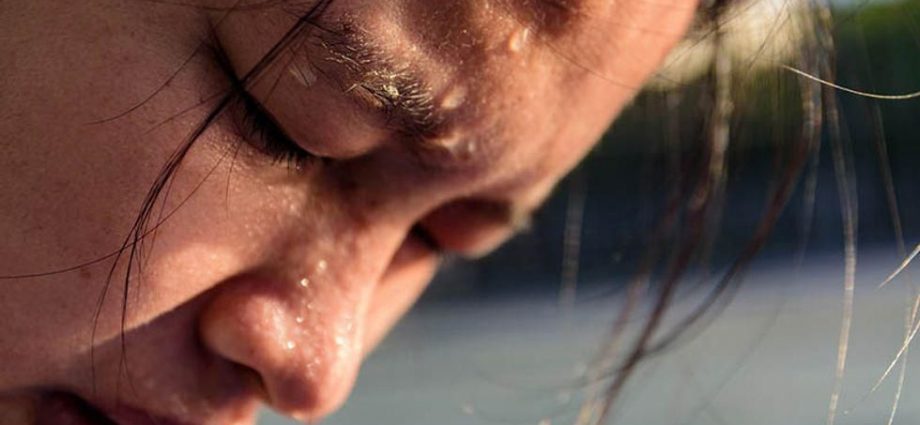TUESDAY, Feb. 15, 2022 (HealthDay News) — In yet another sign that climate change strikes the poorest without mercy, a new study shows that low-income people have a 40% higher exposure to heat than those with higher incomes.
By the end of the century, heat wave exposure for the poorest 25% people worldwide will equal the rest of the global population combined. That’s after taking into account access to air conditioning, cool air shelters, heat safety rules for outdoor workers and heat safety awareness campaigns, according to the study published recently in the journal Earth’s Future.
“We expected to see a discrepancy, but seeing one-quarter of the world facing as much exposure as the other three-quarters combined … that was surprising,” study lead author Mojtaba Sadegh said in a journal news release. He’s a climatologist at Boise State University in Idaho.
The researchers also said that by the year 2100, the world’s poorest people will face 23 more days of heat waves than the wealthiest people.
They noted that many heavily populated, low-income regions are located in tropical areas and their populations are expected to increase, which will increase economic disparities in heat wave exposure.
Sadegh pointed out that the findings add to growing evidence that low-income nations will be hit hardest by climate change, even though it’s high-income nations that emit the majority of greenhouse gases.
Gathering more data on heat wave frequency and responses in low-income nations is crucial, according to Kristie Ebi, a professor in the Center for Health and the Global Environment at the University of Washington. She was not involved in the study.
“We know from far too much experience that issuing a heat wave forecast is insufficient to ensure that people know what appropriate actions they need to take during a heat wave and to do so,” Ebi said in the release.
More information
For more on climate change and health, see the World Health Organization.
SOURCE: Earth’s Future, news release, Feb. 10, 2022
Copyright © 2026 HealthDay. All rights reserved.

